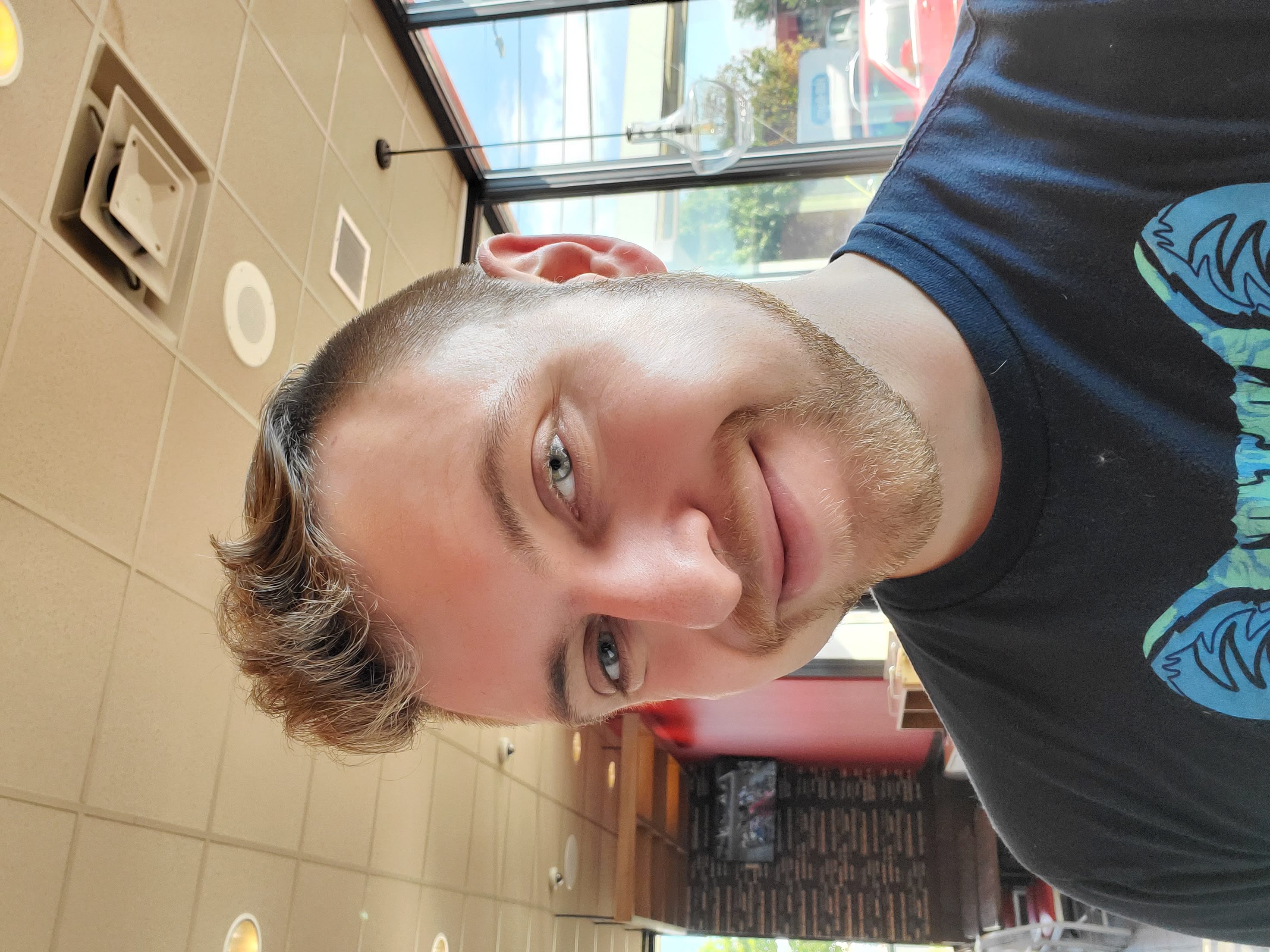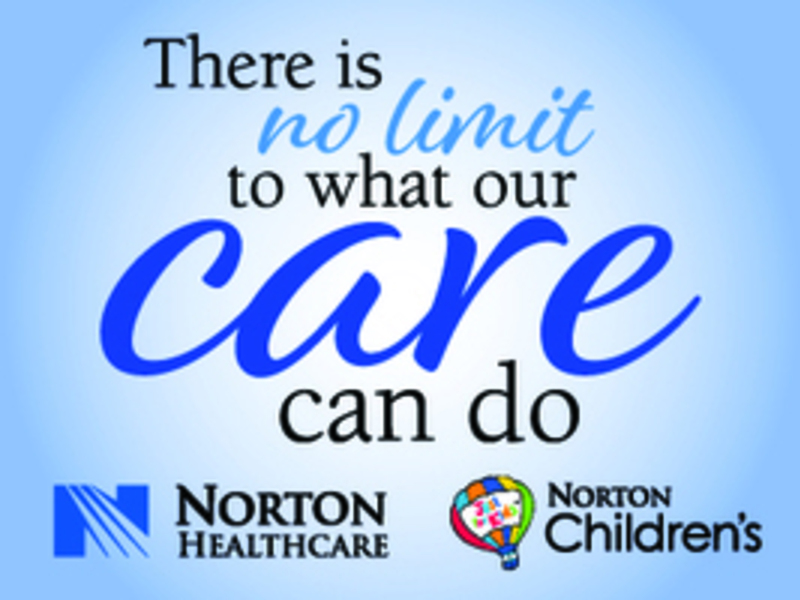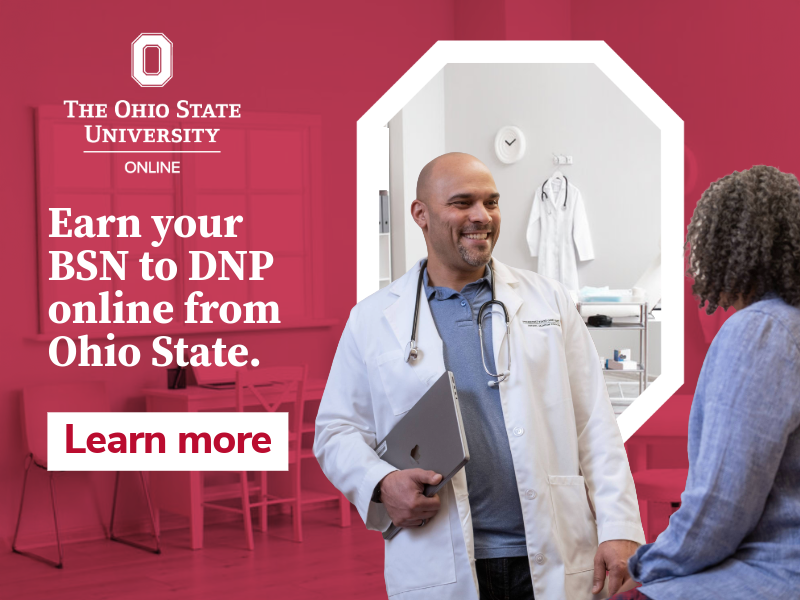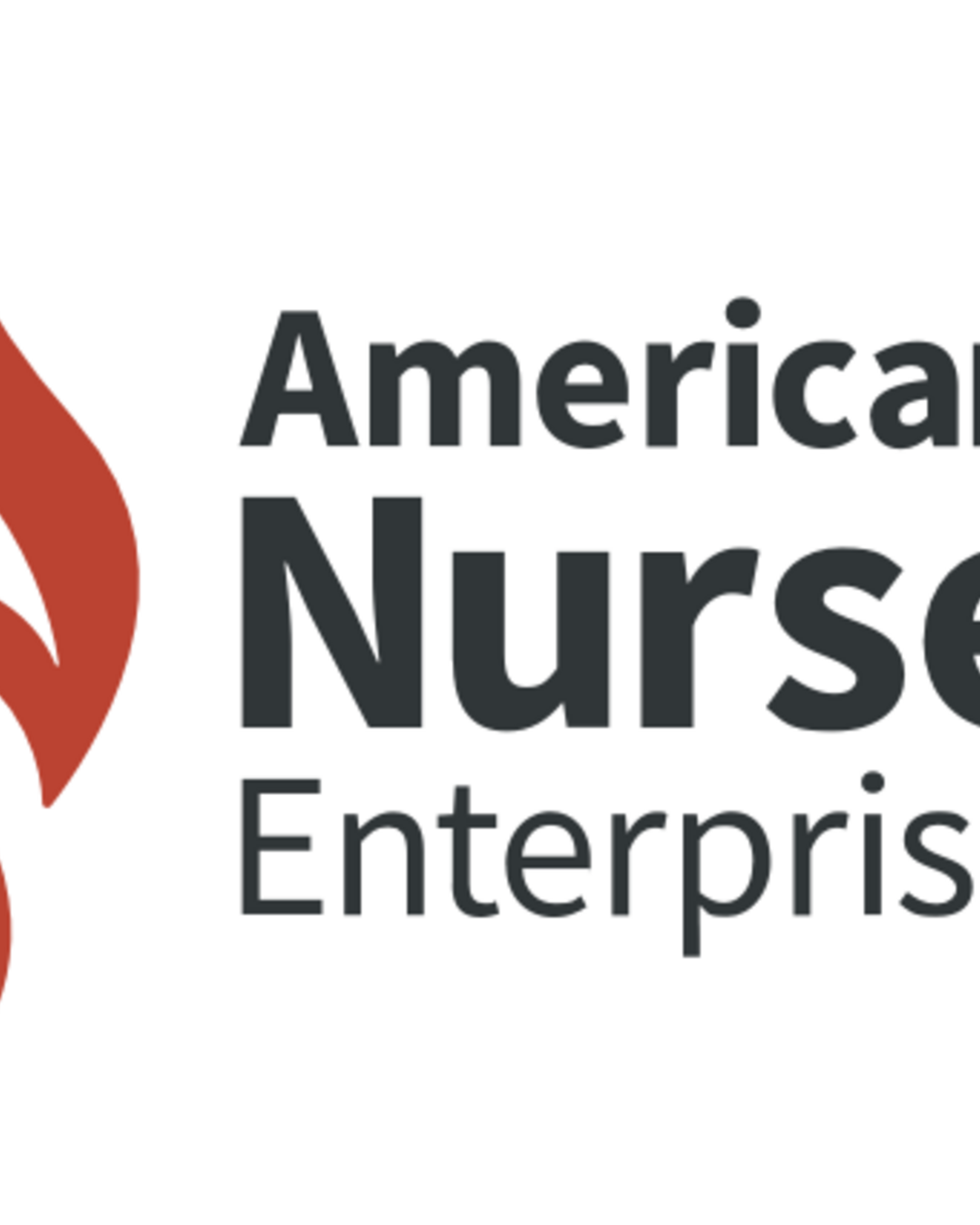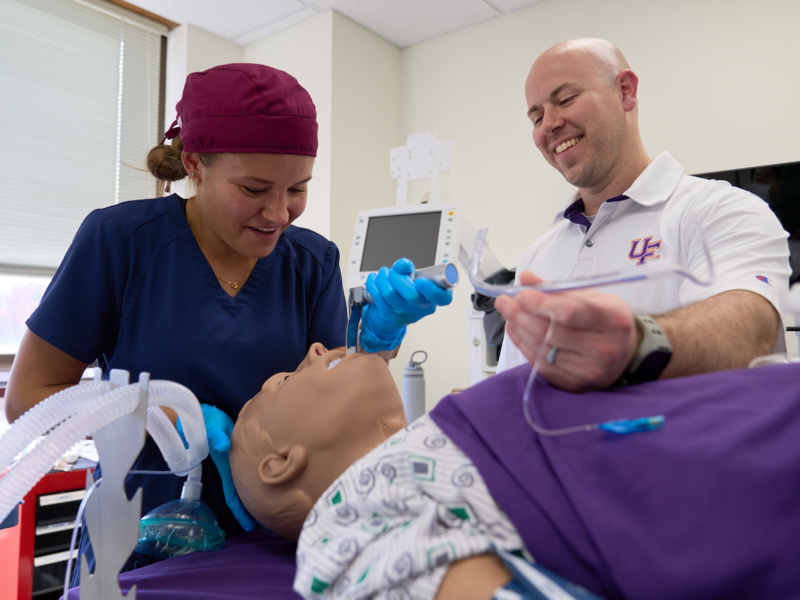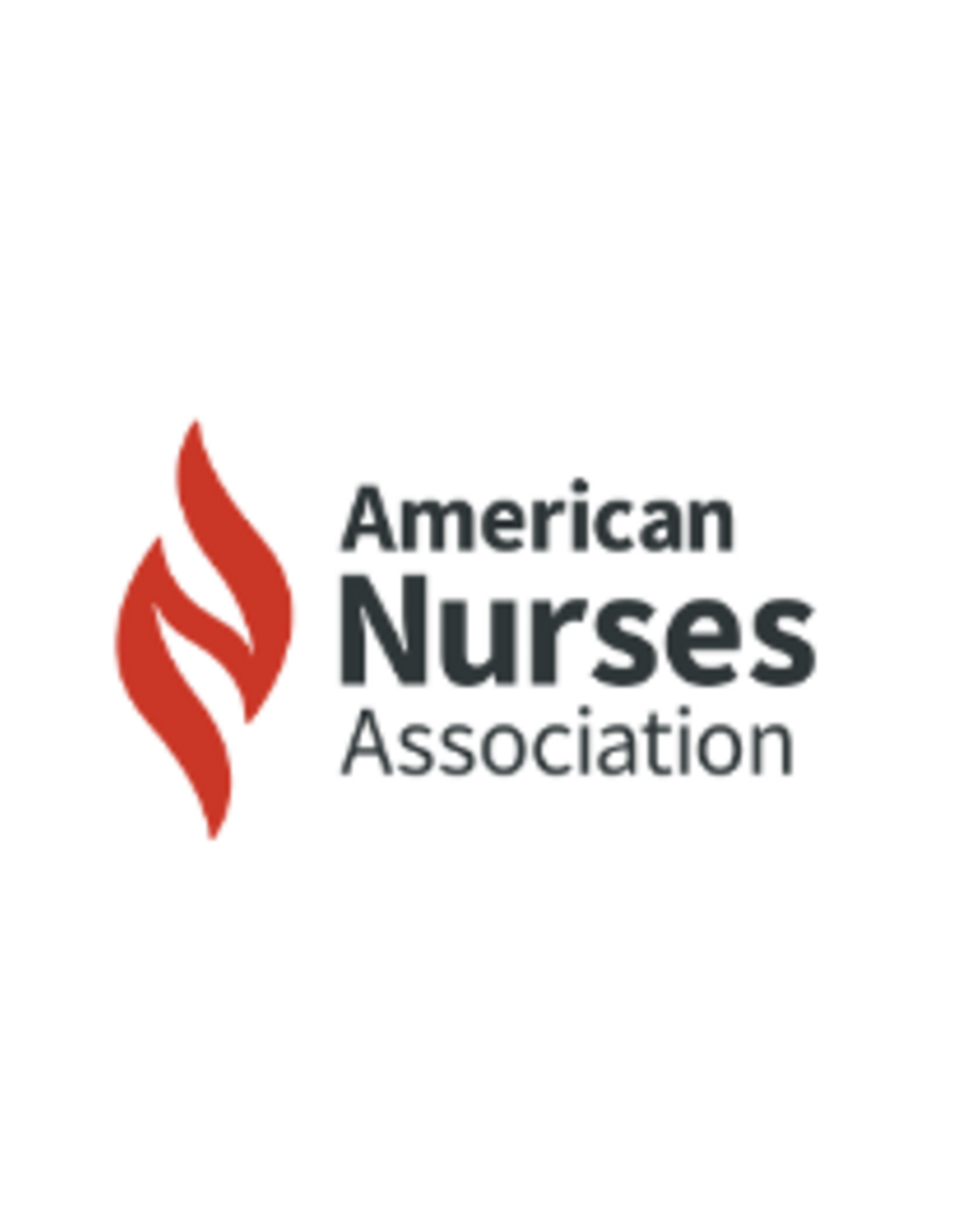Breaking barriers to nurse workforce well-being
Nurses have long struggled with mental and emotional well-being due to the inherent stressors of their profession. Tragically, stigma surrounding mental health support perpetuates a culture of silence, in which nurses suffer in solitude, fearing repercussions such as losing their licenses or enduring professional setbacks. These issues, never adequately addressed, festered into a mental health crisis that the pandemic worsened. Heavier workloads and escalating rates of abuse and workplace violence also have exacerbated longstanding burnout and moral distress among nurses. This crisis jeopardizes not only individuals but also the overall nursing workforce. Many nurses will leave their positions or the profession altogether, worsening staffing shortages and further burdening those who remain.
In response, national organizations have stressed the ethical obligation to address healthcare workers’ mental health. (See Healthcare worker well-being: Position statements and recommendations, P.48.) They advocate for broad changes to healthcare systems and cultures to improve the well-being of both workers and patients. Although crucial, the complexity and resource demands of these recommendations pose barriers to implementation.
To address these issues, the American Nurses Association 2024 Membership Assembly (the association’s governing and official voting body) approved a policy proposal that aims to enhance nurses’ health and well-being by prioritizing support for those currently suffering. The proposal, Breaking Barriers to Nurse Workforce Well-Being, consists of four recommendations to reform licensure and employment practices and combat the stigma surrounding mental healthcare.
Reduce mental health stigma
Nurses experience higher rates of mental health issues than other professions, with suicide, substance abuse, and depression rates nearly double those of other fields. These mental health challenges pose significant occupational hazards, leading to reduced quality of life and job satisfaction; impaired delivery of safe, high-quality care; and increased absenteeism and turnover. The Surgeon General reports that two-fifths of nurses plan to leave the profession, and Naegle and colleagues note that nearly half of those considering leaving their jobs cite negative impact on their health and well-being as a key factor.
A series of mental health and wellness surveys conducted by the American Nurses Foundation over the course of the pandemic found consistently high levels of burnout among nurses. In the 2023 survey, 56% of respondents reported experiencing symptoms of burnout, while 64% indicated that they feel “a great deal of stress” because of their jobs.
Despite these serious issues, effective prevention and treatment efforts remain insufficient, with stigma and misinformation acting as major barriers.
Unlike the validated biopsychosocial model of addiction, which treats substance use disorder (SUD) as a disease, a moral or criminal approach frames addiction as a personal failing or a voluntary choice. Unfortunately, many view nurses with SUD through this more stigmatizing lens, which sets them up for exclusion, discrimination, and punitive measures. The nursing education system does little to correct these misconceptions, providing inadequate training on addiction.
Changing this dynamic requires that we revise diversion policies and education to consider nurses with SUD as patients with a disease rather than as criminals. This more holistic approach is crucial, as those who divert medications at work frequently do so because of addiction or suicidal intent—both treatable mental health conditions. Additionally, all nurses should receive comprehensive education on the causes, symptoms, and treatments of occupational risks, including burnout, compassion fatigue, moral injury, secondary traumatic stress, and addiction. Nurses also need to actively counteract the negative attitudes toward seeking help that persist within our culture and training. Nurse educators, leaders, and human resources managers must recognize the issue and develop education, policies, and environments that genuinely support nurse welfare.
Normalize help-seeking
Evidence shows that mandatory disclosures of mental health concerns to licensing boards and employers discourage clinicians from seeking help. This leads to tragic outcomes, including death, due to lack of treatment. Broad and intrusive questions concerning mental health diagnoses and treatments are discriminatory, often violating federal and state disability laws. Instead of protecting the public, these inquiries stigmatize struggling clinicians. Paradoxically, this keeps health professionals in the workforce while preventing them from getting the necessary care to practice at their highest level.
State regulators should eliminate deterrents to mental health treatment on licensing and renewal applications to ensure nurses feel safe seeking care. The American Nurses Association and others advocate for limiting licensing and credentialing inquiries to only those conditions that currently impair a clinician’s ability to perform their job. Questions about past, resolved issues can prove harmful and stigmatizing. In addition, the profession needs a national standard to ensure compliance with the Americans with Disabilities Act (ADA) guidelines for questions about personal health information, with penalties enforced for noncompliant entities.
Lack of confidentiality in treatment also keeps nurses from accessing mental health support. For example, while nurses might avoid losing their license by participating in an assistance program, their SUD history might still be publicly disclosed, making recovery and career advancement extremely challenging, even years later. Policies shouldn’t disincentivize seeking care or publicly shame individuals. Such practices don’t improve public protection; rather, they decrease the likelihood that nurses in recovery can find a job.
Licensing board information on mental health-related disciplinary actions, diagnoses, and treatments should remain confidential, accessible only to necessary agencies. When publishing SUD-related disciplinary information is necessary, it should be time-limited and restricted to certain parties. Licensing boards should adopt the practices used for other public records, automatically sealing or expunging them after a set period. The American Nurses Association, U.S. Surgeon General, American Medical Association, and Federation of State Medical Boards advocate for maintaining confidentiality of information collected by licensing boards, including avoiding public disclosure of health workers’ diagnoses.
Encourage positive organizational cultures
Evidence shows that nurses with SUD can receive effective treatment and return to safe practice, with no threat to public health or individual patients. Likewise, meaningful employment is crucial for sustained recovery and a strong predictor of positive outcomes for individuals with SUD. The American Nurses Association and National Council of State Boards of Nursing have established evidence-based guidelines that support both patient safety and nurses in recovery. Despite this, healthcare leaders often fail to implement practices that adhere to these guidelines and, at the same time, fail to strengthen their workforce with experienced nurses.
Nurses in recovery frequently face employment discrimination and exclusion from practice, despite being qualified and highly skilled. Human resources departments terminate individuals or rescind job offers when they discover that a nurse has a history of SUD or has participated in an alternative to discipline (ATD) program. These unlawful practices have been linked to an increased risk of suicide. State-sponsored rehabilitation programs are ineffective if employers refuse to retain or hire nurses who complete them. Nurses committed to recovery and their profession shouldn’t be denied employment for which they’re qualified.
Given the current employment climate for nurses who complete ATD programs, licensing boards should expand their scope to ensure these programs effectively reintegrate nurses into professional practice. Licensing boards have missed an opportunity to develop partnerships with employers. They should use case managers to find suitable positions for nurses in ATD programs, incentivize employers to hire them, and take an active role when employers refuse to hire these individuals due to discrimination.
Finally, employers should adopt recovery-oriented employment standards and practices. Human resources policies and application questions should adhere to ADA guidelines to ensure nurses aren’t discriminated against or deterred from seeking care for their physical health, mental health, or substance use challenges.
Revise ATD programs
ATD programs aim to protect the public and decriminalize addiction through non-punitive pathways, promoting recovery and return to practice. Unfortunately, these programs vary widely and lack consistent best practices. Although confidentiality is a key premise—encouraging voluntary help-seeking and reporting by colleagues—in practice it’s not always maintained.
Disparities also exist in how well organizations accept medication-assisted treatment, with some programs restricting its use despite MAT being endorsed as a best practice for treating opioid use disorder. Additionally, data on ATD program components and outcomes remain scarce, with many states providing minimal online information. The cost of these programs also poses a significant barrier, especially for those who are unemployed or lack insurance. These obstacles deter nurses from seeking help through ATD programs, contributing to low participation rates. In fact, most nurses with SUDs don’t receive any treatment.
ATD programs should be non-punitive, confidential, and easily accessible to ensure that nurses can access help when needed and those in recovery can rehabilitate their careers. Nurses participating in these programs should be afforded a safe haven, protected from punitive licensing board sanctions as long as they remain under the program’s care or are deemed fit to return to practice. Individuals shouldn’t be required to disclose their participation to any third party, including government agencies or employers. Confidentiality and safe haven protections are essential elements in physician health programs and should be similarly applied to nursing programs.
Rehabilitation programs require standardization and adherence to best practices. Additionally, comprehensive information about these programs should be publicly available, and a national set of regularly reported metrics developed to monitor program outcomes. Increasing access to information about ATD programs has proven effective in boosting enrollment.
Nurses must see seeking help as an essential part of maintaining professional excellence, not something to hide or fear. Regulatory and employment policies must serve their legitimate purposes without perpetuating stigma or instilling fear about the professional consequences of seeking mental healthcare. The nursing profession can’t overcome workforce shortages while clinging to biased policies and ignoring the obstacles that impede both personal and professional success. Nurses must be able to access assistance without jeopardizing their licensure, confidentiality, or employment.
Fully implementing these recommendations will transform the nursing profession, advancing equity, inclusion, and the overall welfare of the workforce. The time for change is now. Through collaborative efforts and systemic reforms, we can build a supportive culture in which nurses feel encouraged to care for themselves and continue contributing to the field with renewed dedication and capability. Only then can we ensure the future of our workforce and provide the highest standard of care to our patients.
Healthcare worker well-being: Position statements and recommendations
— Written by Courtney Hickey is a nurse in the GI endoscopy lab at University of Colorado Hospital. She’s a member of the Colorado Nurses Association and co-chair of the Workplace Advocacy Advisory and Networking Team.


